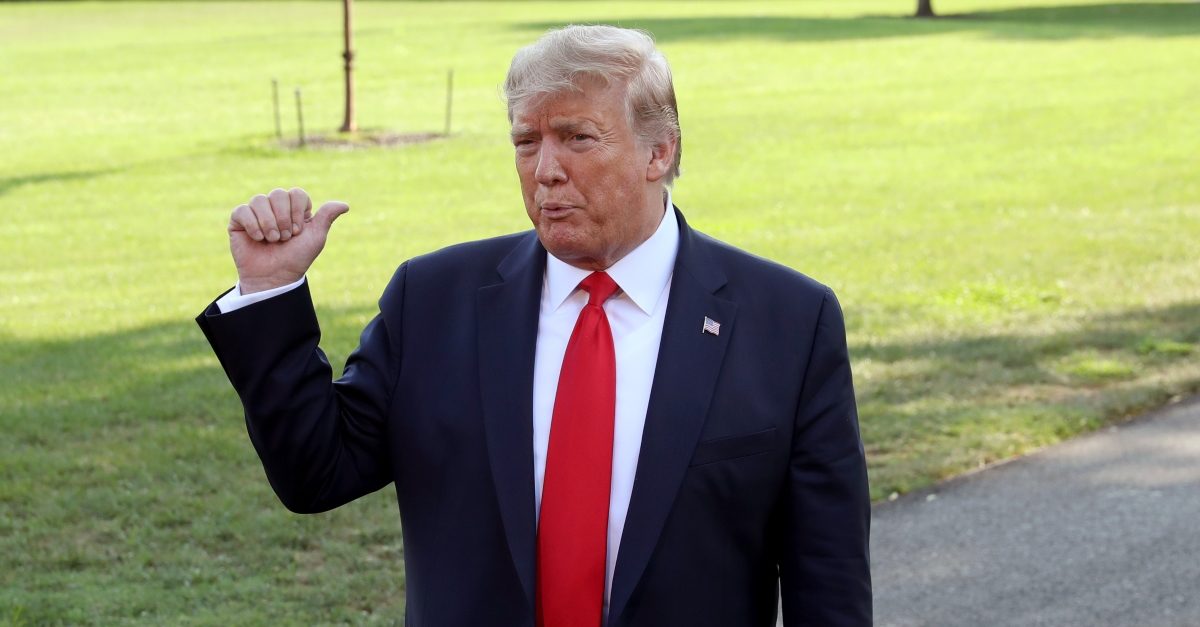
Since House Democrats began their impeachment inquiry into President Donald Trump for possible abuses of power, the White House and supporters of the president have decried the investigation as a political “coup” that threatens to “overturn” the 2016 presidential election. Professor Stephen Vladeck of the University of Texas School of Law on Monday penned an op-ed in the New York Times explaining why such a notion is “ludicrous,” particularly in light of the Founders’ express reasoning for including the impeachment clause in the U.S. Constitution.
According to Vladeck, contending that the removal of a sitting president must be “illegitimate because it is antidemocratic” is “ludicrous” and is directly contradicted by American constitutional history, specifically, the addition of the Twelfth Amendment.
Ratified in 1804, the Twelfth Amendment, which designated separate ballots be cast for the President and the Vice President, “all but guarantees than an elected vice president will be, if not from the same party as the elected president, at least the nominee of the same party,” Vladeck wrote. “That’s why, even if the House ultimately impeaches Mr. Trump and the Senate removes him, the result would simply be to elevate to the presidency Mr. Trump’s own handpicked running mate, Vice President Mike Pence — who could then nominate his own vice president under the 25th Amendment.”
In short, the removal of the Republican president does not remove the Republican Party from executive power.
But Vladeck also noted that the Founders wrote the impeachment clause prior to the passage of the Twelfth Amendment, meaning under their original construction, impeachment could, and likely would, result in the president being replaced by their political rival (the vice president’s office was originally occupied by whomever received the second-most votes for president).
“But even in the face of that possibility,” Vladeck wrote, “the founders still gave the House the power to impeach and the Senate the power to remove — because it was more important that the legislature should have a check on the executive.”
This goes directly to the concept of “checks and balances” that led the drafters to remove the vice president from presiding over the Senate’s impeachment trial; they charged the task, instead, to the Supreme Court’s chief justice and required a two-thirds Senate vote to remove the president.
Given such historical context, Vladeck argues that the Founders “would have been appalled at the suggestion that such measures are illegitimate solely because their result would be that the president is no longer the president.”
“If that didn’t faze them even when the result could have been to hand the presidency to the president’s rival, it certainly wouldn’t faze them today, when it would hand the presidency to the president’s own handpicked running mate,” he concluded.
[image via Mark Wilson_Getty Images]